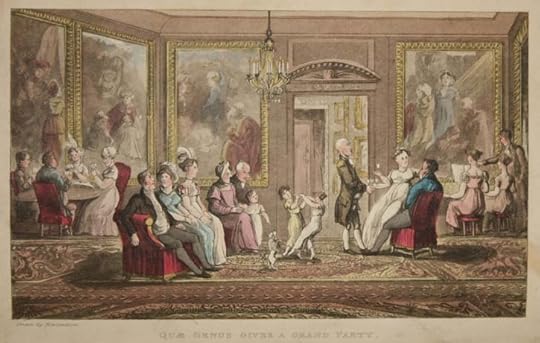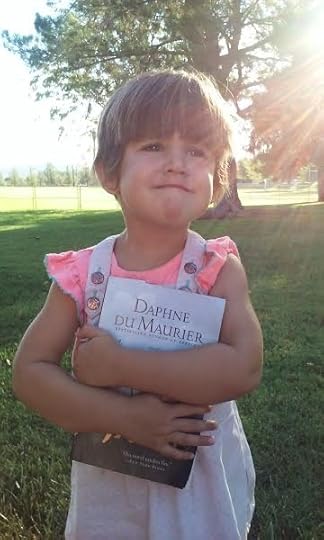What do you think?
Rate this book


351 pages, ebook
First published January 1, 1954




The dreams were all hers.
But once a woman stole the initiative, plundered the perquisites and took the lead, what happened to the globe? The fabric cracked
The world I knew has gone. This is tomorrow
He laughed and shook his head. “I think you’re incorrigible.”
“Good God, I hope so. Otherwise why live?”